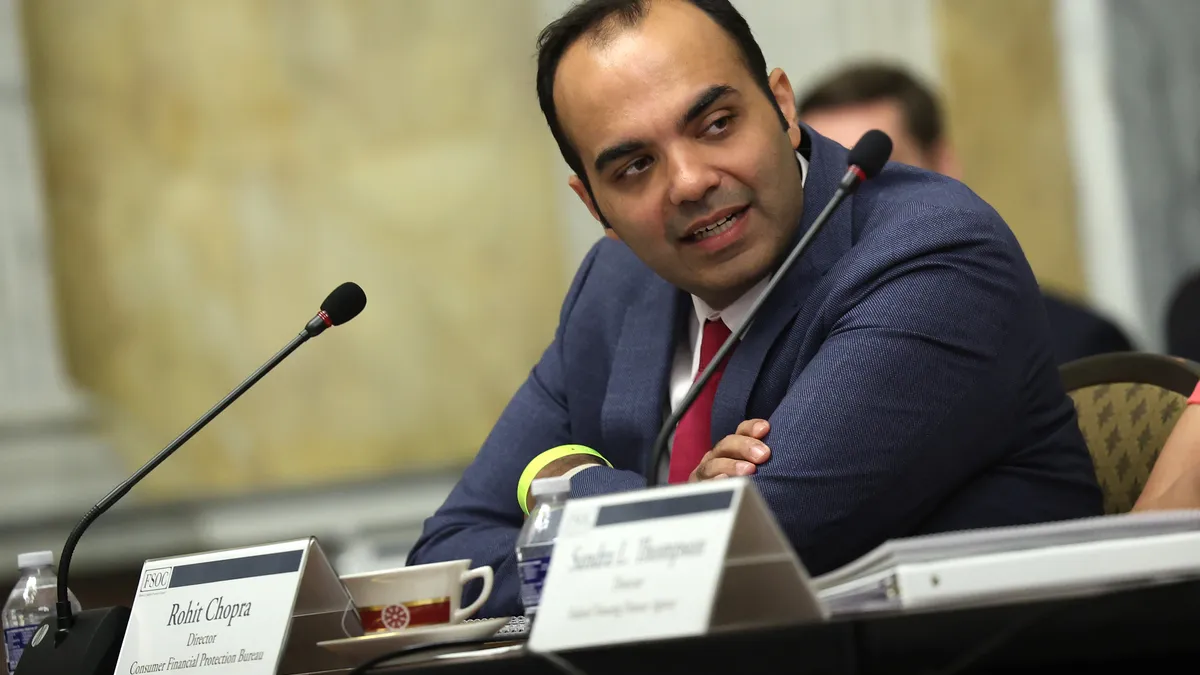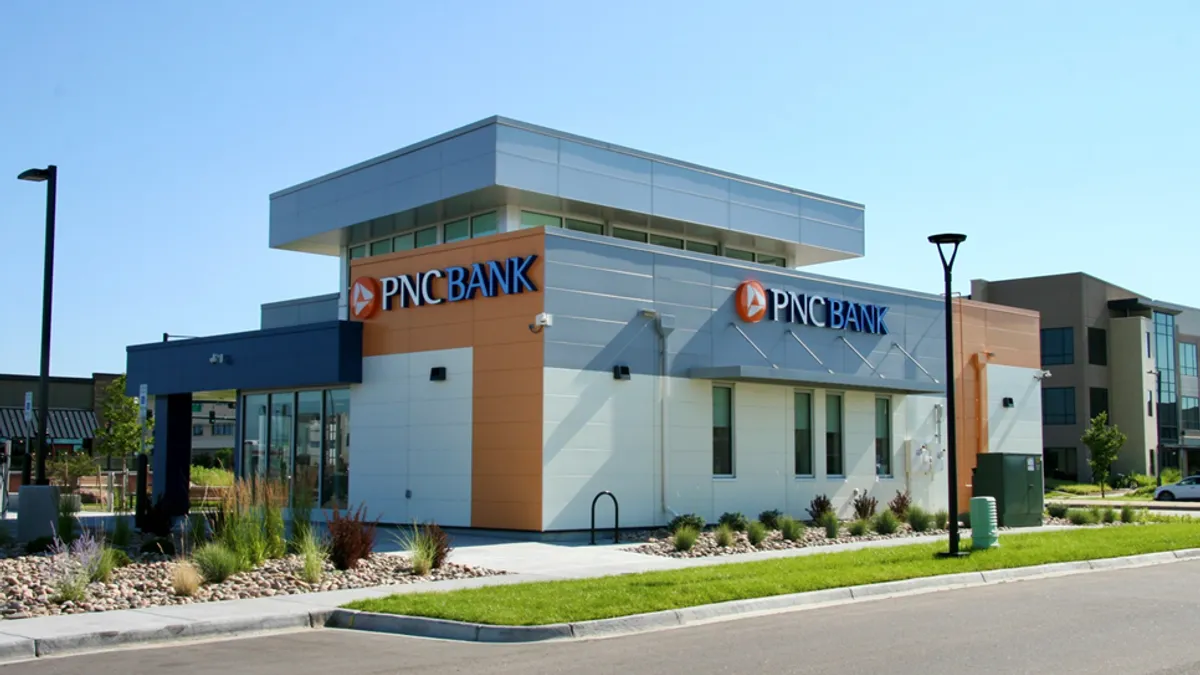Dive Brief:
- The Consumer Financial Protection Bureau issued a new rule Wednesday saying that buy now, pay later companies are credit card providers, and must provide similar consumer protections as credit cards, according to an agency press release.
- The government agency’s interpretive rule would require BNPL lenders to investigate when consumers dispute a transaction; issue refunds when consumers return a product or cancel a service; and provide billing statements similar to those provided by credit cards, the release said.
- “Whether a shopper swipes a credit card or uses Buy Now, Pay Later, they are entitled to important consumer protections under longstanding laws and regulations,” CFPB Director Rohit Chopra said in the press release.
Dive Insight:
The new rule will ensure consumers using BNPL have certain protections. “These provisions cover the requirements for billing disputes, refund rights, disclosures, and billing statements,” the CFPB spokesperson said by email.
The CFPB began studying BNPL loans, which allow consumers to split payments into installments, in 2021 after the financing option saw interest surge during the COVID-19 pandemic. It issued a report on the industry in 2022, then followed it up with another report on the financial profiles of BNPL users in 2023. However, Wednesday’s rule marks the first time the bureau has sought to regulate the growing industry.
The bureau justified its decision to treat BNPL providers like credit card companies by saying in the release that the loans served as “a close substitute” for credit cards when consumers made in-person or digital purchases. And like credit cards, BNPL loans combine credit services and payment processing while also charging transaction fees to merchants, the release said.
“The CFPB went through a process to look at how existing laws and regulations apply to the new business model of BNPL lending,” the CFPB spokesperson said. “We looked carefully at the law and determined that certain provisions of TILA and its implementing regulation do apply to BNPL loans as they are currently offered.”
With an “interpretive” law, an agency provides the public with a first-time view of its interpretation of existing laws with respect to a particular issue.
The BNPL payment method, which was initially offered digitally by companies such as Affirm, Afterpay, Klarna, PayPal and Zip, is now increasingly offered in stores. Additionally, some BNPL providers are offering physical cards that can apply the financing option to purchases that can be made where debit and credit cards are accepted.
There has already been some federal guidance issued regarding BNPL use. The Office of the Comptroller of the Currency mentioned BNPL loans in guidance issued to banks last December.
That same month, Democratic senators urged the CFPB to focus on the burgeoning payment method during the holiday shopping season.
The issued rule will be open to public comment until Aug. 1, the release said.















